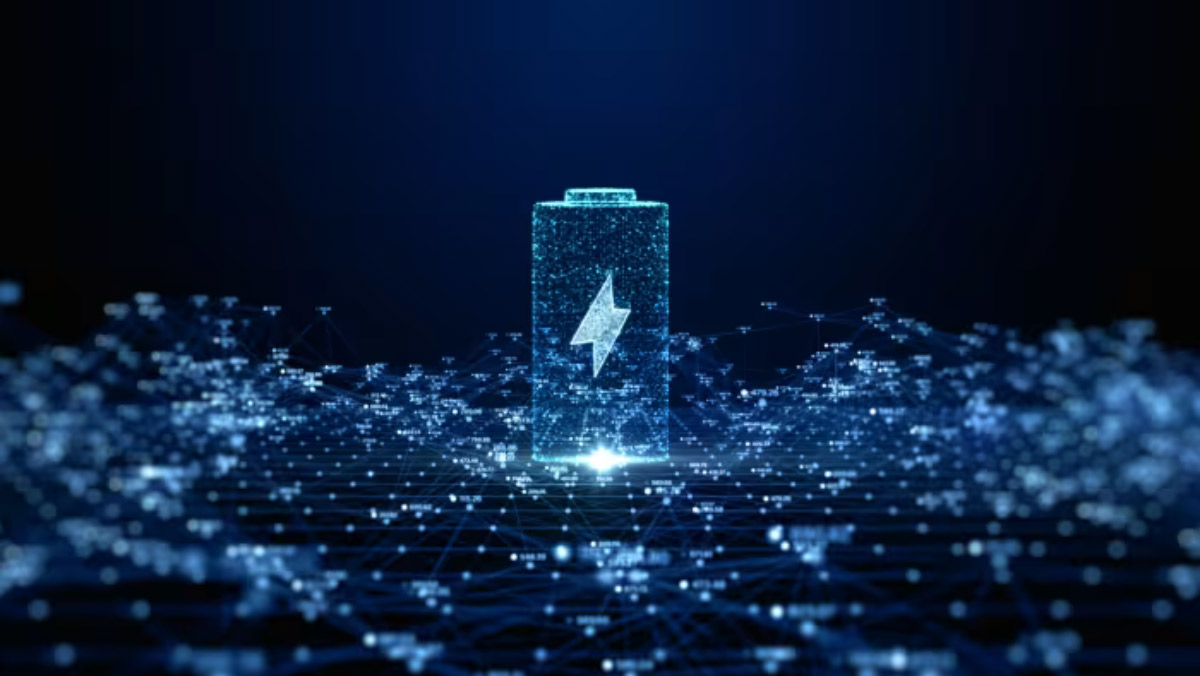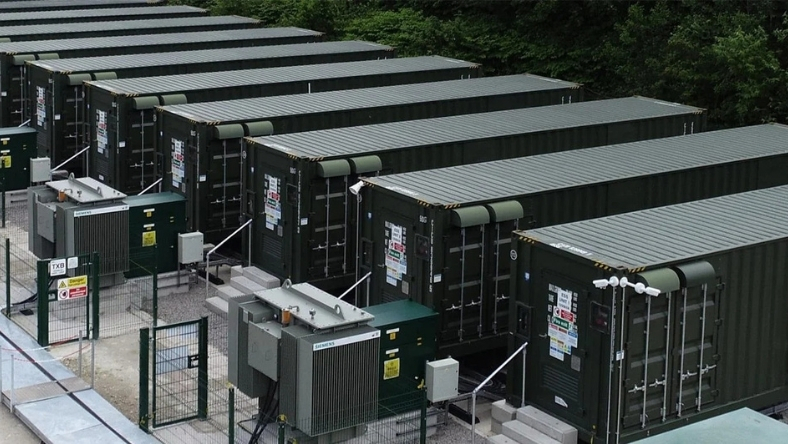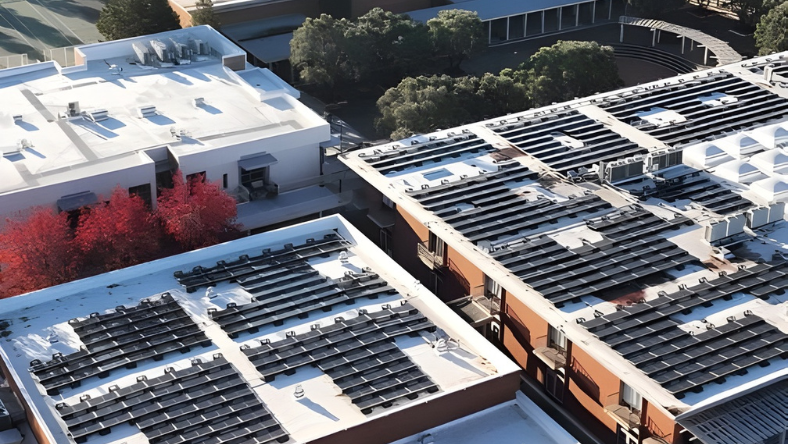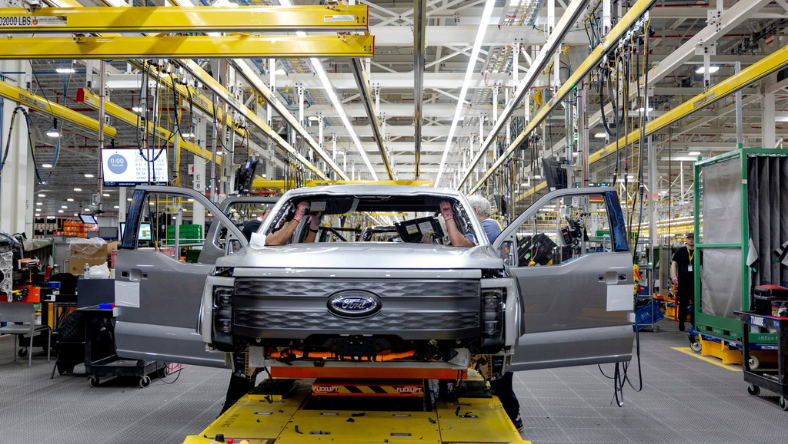TECHNOLOGY
Can AI Supercharge the Battery Race?
AI slashes R&D timelines in battery tech, speeding innovation and giving firms a competitive edge in the EV race.
27 Jun 2025

Battery chemistry, once driven by trial and error, is undergoing a rapid transformation. Artificial intelligence is now trimming years off development timelines, changing how firms experiment with materials and who pulls ahead in the race for better batteries.
Factorial Energy, a startup based in Massachusetts, has built Gammatron, a platform that simulates solid-state battery materials before they are physically created. By predicting how compounds will perform under real-world conditions, Gammatron allows engineers to bypass months of lab work. Automakers, eager to extend range and reduce fire risk, are taking note.
At the University of Chicago, researchers are applying machine learning to screen thousands of potential electrolytes. Their AI system has already flagged several promising candidates that outperform existing options in laboratory tests. What once required years of chemical tinkering can now be done in weeks.
“AI gives us the ability to explore chemical space at a scale that was unimaginable five years ago,” says Dr Anjali Rao, a computational scientist who advises national energy programmes. She adds that AI does not replace scientists, but sharpens their instincts and expands their reach.
The timing is fortuitous. With electric vehicle adoption growing, battery makers are under pressure to deliver cheaper, lighter and longer-lasting products. AI provides a way to shorten development cycles without sacrificing performance.
Yet the technology is only as good as the data that feeds it. The battery industry is notoriously fragmented, with proprietary datasets and few shared standards. Poor or inconsistent data can lead to false positives or missed breakthroughs. Researchers warn that without more collaboration and openness, AI's potential could be blunted.
Intellectual property adds a further layer of friction. Firms are reluctant to share discoveries that might benefit competitors. This tension between secrecy and progress could slow the pace of innovation, even as tools become more powerful.
Despite the risks, the direction of travel is clear. Platforms like Gammatron show that battery design can become faster, more targeted and less wasteful. If data barriers can be overcome, AI may soon become standard equipment in the energy lab.
Latest News
15 Jan 2026
UL 9540A:2025 Raises the Stakes for US Battery Storage Safety13 Jan 2026
Why Early Battery Deals Are Reshaping US Solar9 Jan 2026
Battery Makers Shift Gears as EV Growth Levels Off16 Dec 2025
US Grid Storage Deal Points Beyond Lithium-Ion
Related News

REGULATORY
15 Jan 2026
UL 9540A:2025 Raises the Stakes for US Battery Storage Safety

PARTNERSHIPS
13 Jan 2026
Why Early Battery Deals Are Reshaping US Solar

INNOVATION
9 Jan 2026
Battery Makers Shift Gears as EV Growth Levels Off
SUBSCRIBE FOR UPDATES
By submitting, you agree to receive email communications from the event organizers, including upcoming promotions and discounted tickets, news, and access to related events.